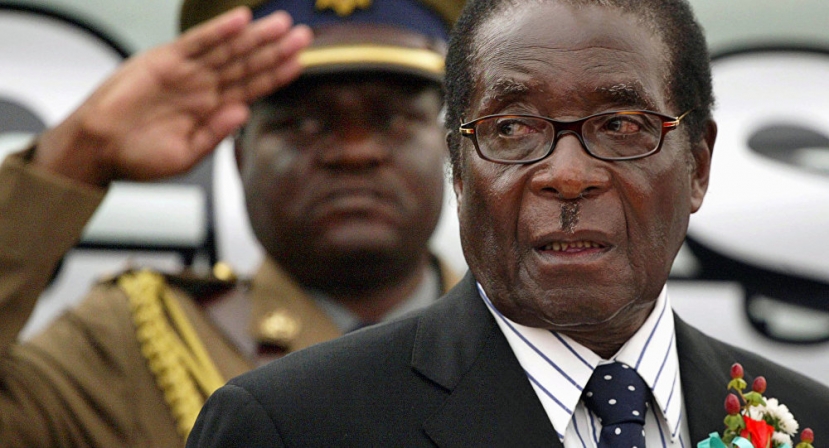Robert Mugabe reportedly said that he remains the legitimate head of state and also demanded guarantees that if he stepped down there would be immunity from prosecution for his wife and other members of his family, according to The Independent.
It remains unclear whether army commander General Constantino Chiwenga, who earlier met with Mugabe, would agree to the conditions over prosecution.
Meanwhile, a local newspaper reported Mnangagwa plans to install a transitional government that will rule the African nation until the general elections in five years.
He was sacked by Mugabe as his vice president earlier in November, which resulted in tensions since Mnangagwa enjoys the support of the military. He returned to the national capital of Harare shortly after the army took over government offices and put Mugabe under house arrest earlier this week.
On Monday, Chiwenga called on the president to stop the purge within the ruling Zimbabwe African National Union – Patriotic Front (Zanu-PF) party, from which Mnangagwa had been expelled.
Other opposition leaders have also been reported to be gathering in Harare these days. For example, Morgan Tsvangirai, an opposition leader and the country’s former prime minister, has returned to Zimbabwe amid the ongoing turmoil.
"In the interest of the people, Mr. Robert Mugabe must resign, immediately," he said.
The army’s move which began Tuesday with tanks entering the outskirts of Harare raised speculations about a military coup. The military, however, said in a televised statement on Wednesday that there was no "military takeover of government" underway and that the president was "safe and sound."
The unrest in Zimbabwe is a serious concern for neighboring countries. On Wednesday, the African Union stated that the crisis in Zimbabwe "seems like a coup" and urged respect for the country’s constitution.

